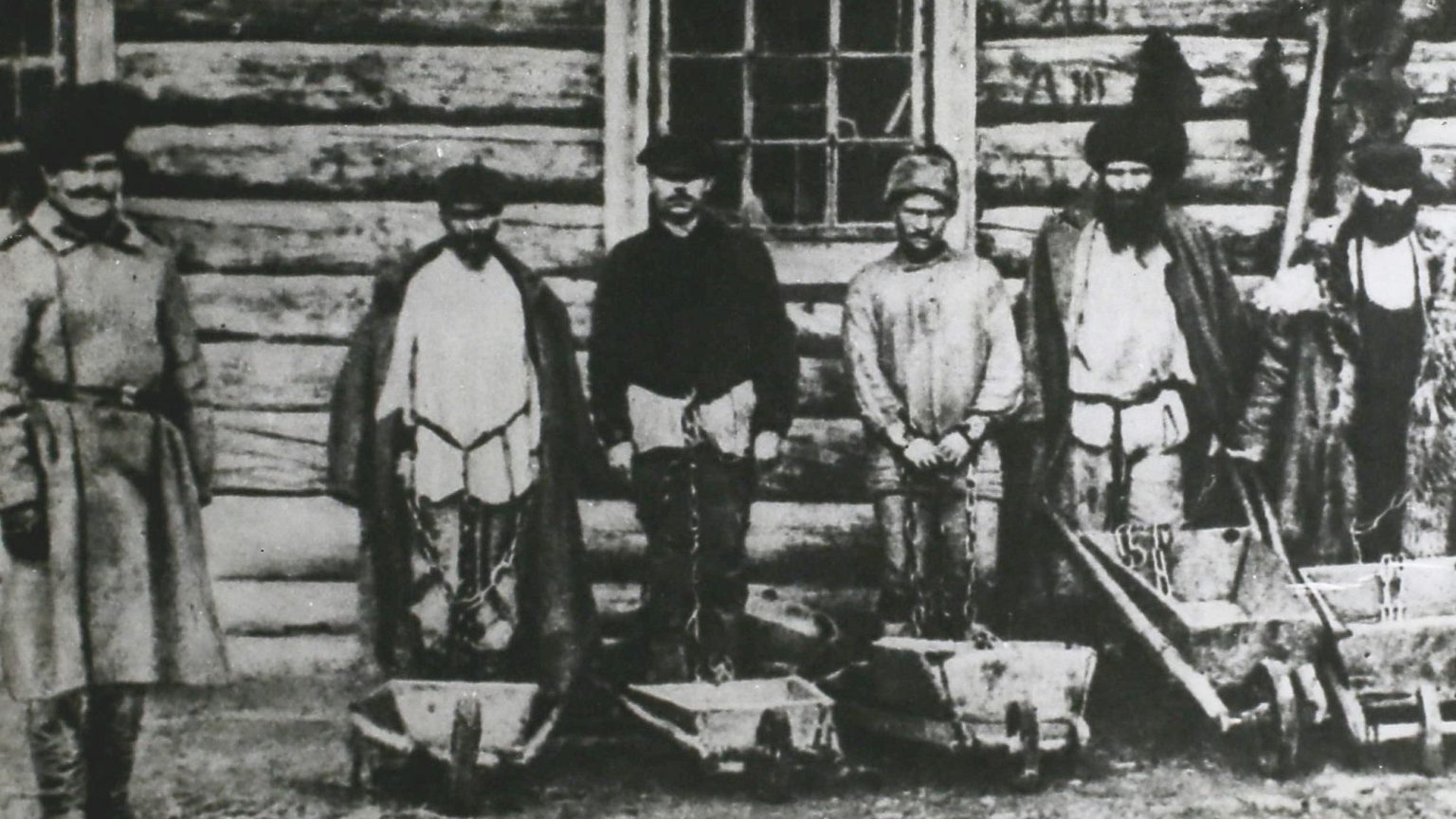By Angelina Not (Lina)
After our presentation on Anton Chekhov, I felt compelled to analyze more about how he may have influenced Murakami’s writing further than just mentions of Uncle Vanya. I think more than anything these two authors had one big thing in common, analyzing the changes of modernization their countries have undergone in respective ways. In the case of Chekov, despite being known mostly for his fiction, one of his most famous works is one that was published as a non-fiction and non-literature -- Sakhalin Island. Specifically in his work, Chekov wanted to journalize his almost half a year long endeavors to publicize the living conditions of the Russian penal colony on the island. In the work he mentioned that the island was almost like “hell” on earth and noted many instances of torture and forced prostitution. His travels made him angry and he pushed that the Russian government had to install more humane treatment of the people. The critique was stemming from an even larger critique of the exile system that formed due to the successful bureaucratic reform of the Russian Empire at the time.
In my mind, the specific work aligned greatly with how Murakami spoke of the dark side of colonization/modernization in the Wild Sheep Chase -- framing the sheep as almost the symbol of that colonization. The part that I think drew a parallel to Chekov the most was in Murakami’s discussion of the Ainu people as the Sakhalin island that is in fact sandwiched between Russia and Japan, and is the home to indigenous people including the Ainu. In the passage I noticed that the Ainu youth was given a name, although it was only translated from the Ainu to Japanese, he was one of the few characters that was given a name besides Kipper. However, upon assimilating into the Japanese culture Murakami explains how the Ainu youth loses his name, almost as if drawing a connection to how colonization strips individuals of their identity.
Whether it be escape from Russia’s bureaucratic modernization in the 19th century or the escape from the colonization and highly collectivist aspect of Japan, these two authors in their own ways comment on the impossible escape from these changes in their countries at the time.


No comments:
Post a Comment